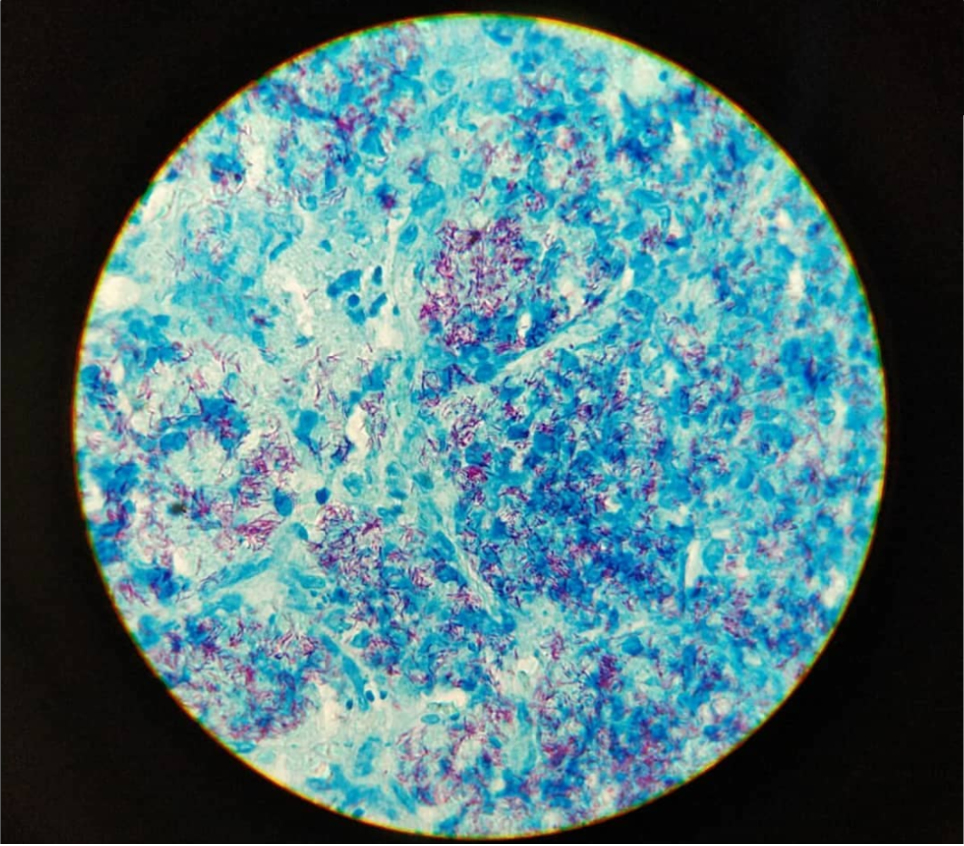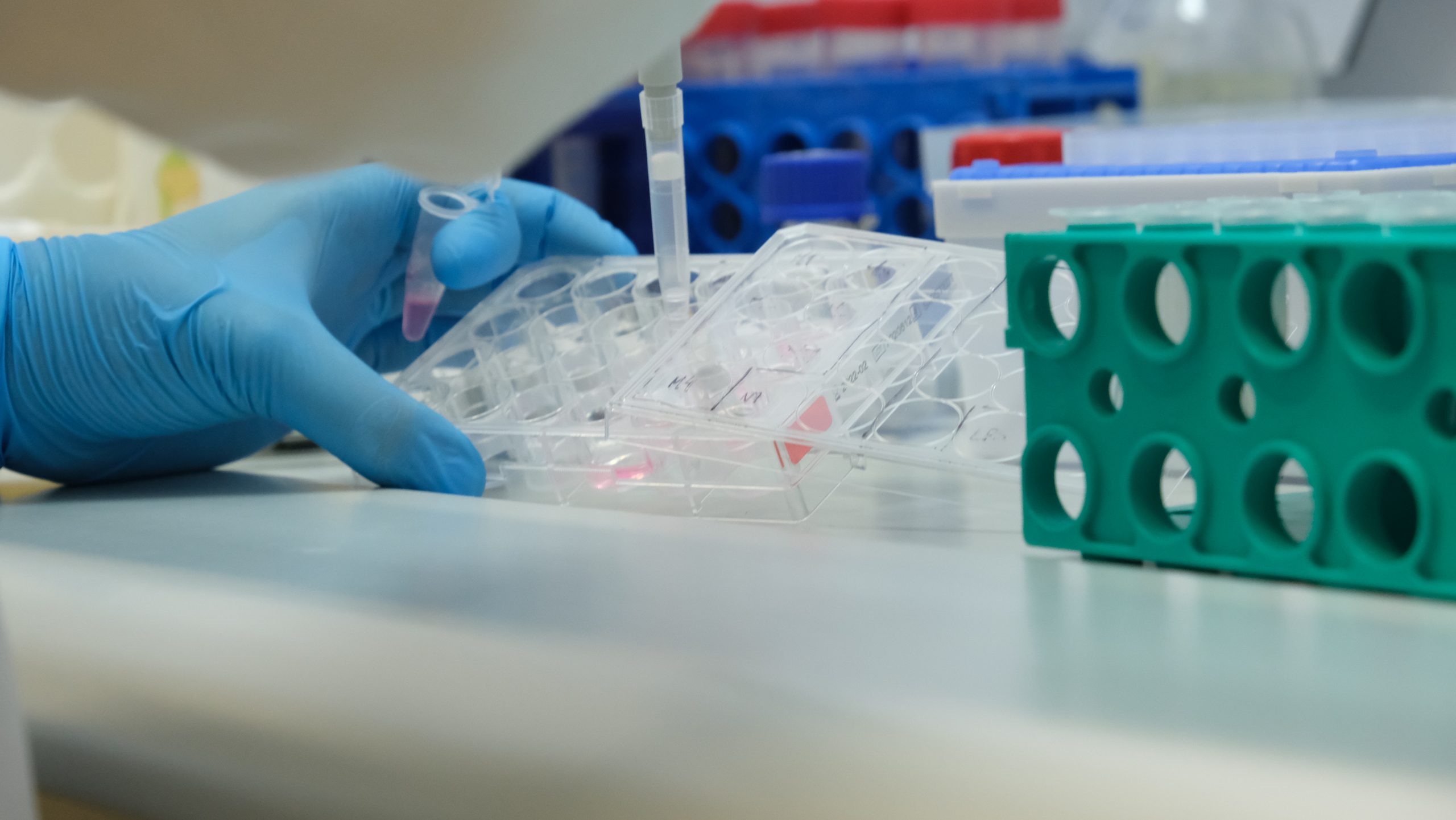About

Tuberculosis (TB) is a devastating disease. With 10 million new cases and over 1.5 million deaths every year, Tuberculosis remains the 9th cause of death in the world. Our project is dedicated to fighting Tuberculosis in three fronts: through research, leading to a better understanding of the disease; by training specialized human resources in clinical, research and fieldwork; by informing the local community and improving the life of Tuberculosis patients. We are based in Porto and in Bissau.
Although the Mycobacterium tuberculosis complex (MTBC) is considered genetically monomorphic, intrapathogen diversity not only exists, but also impacts on the clinical manifestation of disease, the host immune response and the acquisition of drug resistance.
Therefore, the genetic diversity within MTBC is important both for a better understanding of the TB epidemiology, and for the comprehension of the immune response to the pathogen. Of particular importance is the study of the human adapted TB-causing species Mycobacterium tuberculosis and Mycobacterium africanum.
Of particular importance is the study of the human adapted TB-causing species Mycobacterium tuberculosis and Mycobacterium africanum. Although both bacteria can cause TB, several studies point to critical differences between M. africanum and M. tuberculosis. M. africanum was shown to be more likely to cause TB in immune suppressed individuals and to associate with lower progression to disease in exposed contacts, despite a similar rate of transmission.
These reports imply differences in virulence, being M. africanum attenuated when compared to M. tuberculosis. Additionally, while M. tuberculosis is widely spread in the world, M. africanum is restricted to specific regions in Africa, such as Guinea Bissau, where it causes up to half of all TB cases. Thus, the comparative study of M. africanum versus M. tuberculosis caused TB, may provide a model for the study of slower TB progression, with translational implications to tackle this devastating disease.

Based on this, the Maf-TB project is designed to accomplish the following scientific aims:
describe the genetic diversity
to describe the genetic diversity of circulating MTBC in Bissau and how it relates to drug resistance profiles in the Hospital Raoul Follereau (HRF), the national TB hospital in Bissau, and surrounding health centres.
unveil immune signatures
to unveil the immune signatures induced in TB patients infected with M. africanum versus M. tuberculosis.
investigate interaction with the immune system
to investigate how M. tuberculosis and M. africanum interact with cells of the host immune system